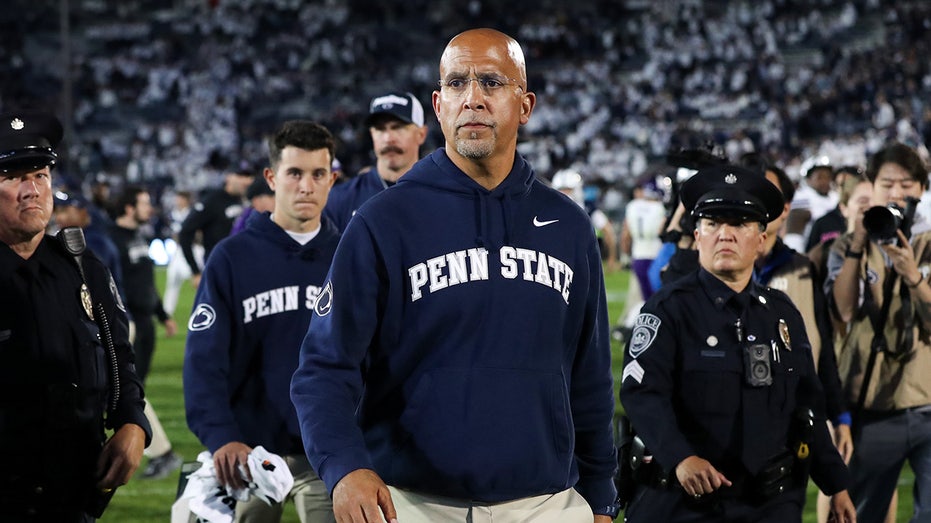'Streateries' face steep new rules in major US city; will others follow?

After five years of pandemic-era freedom, restaurants in Washington, D.C., will soon face steep fees and restrictions on outdoor dining, part of a national trend of cities reclaiming public streets and tightening safety rules.
Starting Dec. 1, restaurants in the nation’s capital will have to pay new fees and meet tougher design and safety standards to keep their "streateries" in place after years of them being rent-free, according to multiple reports.
City officials say the crackdown is about restoring order, safety and aesthetics to public streets.
AMERICA'S PIZZA BOOM GOES COLD AS DELIVERY APPS TAKE BIGGER SLICE OF THE PIE
"There are some safety concerns," District Department of Transportation (DDOT) Director Sharon Kershbaum told The Washington Post in reference to outdoor dining. She said walls create "visibility challenges," some are too close to crosswalks, intersections and alleys and others pose accessibility issues.
Restaurant owners, however, say the additional seating kept them alive through COVID-19, and the new DDOT guidelines, fees and permits will probably cost too much to make structures worthwhile or will force them to be largely scaled back, the outlet reported.
Restaurant owners will reportedly have to pay a $260 permit fee, plus $20 per square foot each year, provide or rent protective concrete barriers and cover additional costs for required plans and documents.
LAS VEGAS OFFICIALS WEIGH BANNING CRIMINAL OFFENDERS FROM STRIP TO REVIVE TOURISM
Some restaurant owners and industry association leaders say they are already struggling with soaring food prices and immigration enforcement that has hit their workforce, making it feel like they are "in another pandemic."
A survey of 33 businesses in the Adams Morgan neighborhood found the annual cost of maintaining an outdoor setup could range from $15,000 to $24,000 a year, FOX 5 DC reported. According to the Adams Morgan Partnership Business Improvement District, only three restaurants there expressed interest in keeping them.
The DDOT has stressed that it aims to work with businesses toward compliance and will not begin enforcement until early 2026. It also reportedly noted that it lowered its proposed rates after feedback from business groups.
TEST YOURSELF WITH OUR LATEST LIFESTYLE QUIZ
The move coincides with President Trump's repeated pledges to "make Washington, D.C., safe, clean and beautiful" through federal intervention and a task force, according to the White House.
The DDOT says the new rules are in line with what other cities have done, such as Alexandria, Virginia; Boulder, Colorado; New York; and San Francisco. In the years since the pandemic, many have reined in outdoor dining programs, shifting to seasonal permits, dismantling enclosed structures and reclaiming valuable street parking.
CLICK HERE TO SIGN UP FOR OUR LIFESTYLE NEWSLETTER
The New York City Council formalized its new outdoor dining framework in 2023, replacing the emergency-era program. As of early 2025, the city had received about 3,000 applications under the new seasonal program, far fewer than the roughly 12,000 setups during the peak of the pandemic. Only a fraction of those applications were fully approved by spring 2025, according to reports and city officials.
Philadelphia made its program permanent in 2023, adding high fees, strict design standards and multiple agency approvals. As a result, the number of licensed outdoor dining setups plummeted, according to local and city reports, with only an estimated 13 active shacks citywide as of early 2024.
CLICK HERE FOR MORE LIFESTYLE STORIES
Some cities, however, still appear to be embracing the al fresco trend.
In Southern California, Los Angeles is moving to make outdoor dining permanent, while Ventura has voted to permanently close part of its downtown to cars, cementing a pedestrian- and dining-friendly atmosphere, Eater reported earlier this year.
In Austin, Texas, programs continue to support outdoor cafés, street patios and parking lot dining spaces with active permitting, according to the city. In Dallas, patio dining remains vibrant with many popular outdoor eateries still bustling, according to local reports.





